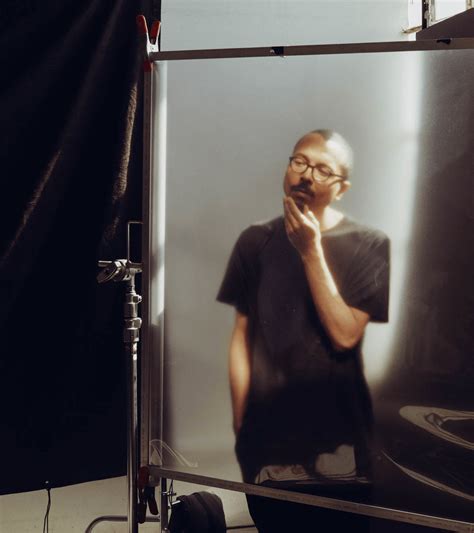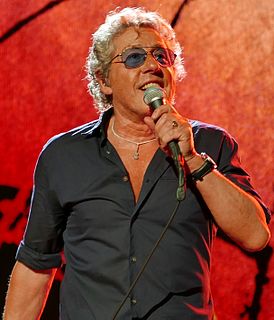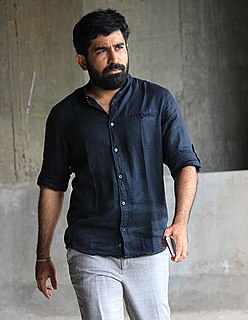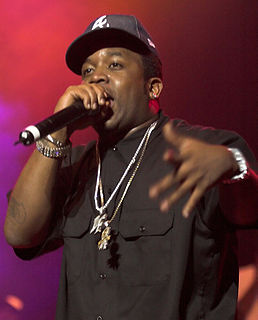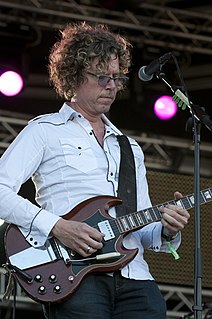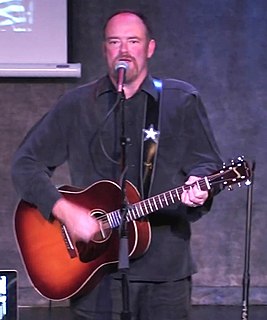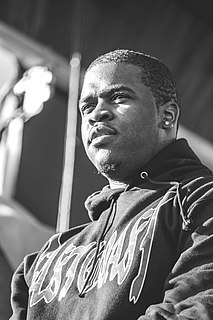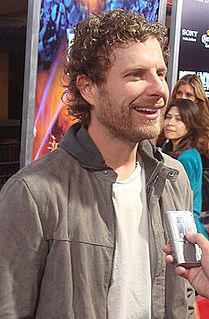A Quote by Amit Trivedi
Sometimes, I record rough patches of tunes and take them to directors. They choose to retain my voice. Personally, I don't like my voice, and never want to record.
Related Quotes
In the past, I've written my songs and then asked friends if they could record the vocals. I didn't want to use my own voice, because other people have much better voices. I was hearing the music with a voice that I don't have. It was a case of pulling whatever resources I had to get the sound I wanted, but that doesn't take anything away from the authorship. They are songs written by me that sound the way I want them to sound. Whether it's my voice or someone else's doesn't make a difference to the music.
When I was growing up, I was so fascinated by Mel Blanc and all of the different voices that he did for 'Looney Tunes' and watching Robin Williams record voice-over for the genie in 'Aladdin.' It always seemed to be a major honor - something you have to earn. Like people trust you when they want to have you there without seeing you.
People want to be the first with the record, they want to be the first to know which songs are on the record, all that kind of stuff. So I like to just stall them a bit. Personally, I love the idea of an album that's completely new, that no one's heard any free downloads, any pre-record releases, all that kind of stuff, and nothing's been played on the radio. Totally virgin, you know, a sealed record. That's my ideal, but it's very hard to get anybody else to agree to do that.
There are no words and there is no singing, but the music has a voice. It is an old voice and a deep voice, like the stump of a sweet cigar or a shoe with a hole. It is a voice that has lived and lives, with sorrow and shame, ecstasy and bliss, joy and pain, redemption and damnation. It is a voice with love and without love. I like the voice, and though I can't talk to it, I like the way it talks to me. It says it is all the same, Young Man. Take it and let it be.
I can't write from the subconscious actually, because a lot of the time when I co-write with other people, I'm writing for them as opposed to for myself. When it comes to lyrics, I tend to want to give them their voice, since it's most likely going to be on their record, or somebody else's record. And I find for more commerial-style music, people want simplicity, less vagueness, and less space to fill between the lines, so to speak. So I can't be quite as ethereal and mystical.

